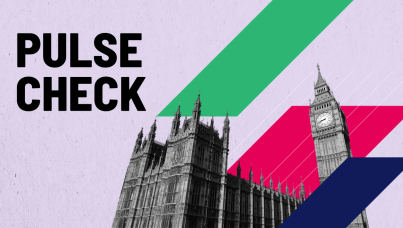Beyond the waiting room: How local context shapes GP experience
On 9 October we presented our new report Decoding patient experience in primary care at a webinar, featuring Dr Andy Brooks (GP and Senior Visiting Fellow, The King's Fund).
Understanding patient experience is an important element of providing high quality health care, and can lead to more positive outcomes and experiences for patients and staff. The NHS collects and measures this in a variety of ways, including the GP Patient Survey which looks at experiences of access and care in primary care. But GP practices frequently ask what this type of data means for them in their local context, where they might be working with fewer resources or dealing with populations facing higher levels of health inequality.
In response, this report shows that local contexts do influence patient experience. Using regression and Key Driver Analysis, we found that practices with older patient populations, mostly from a single ethnicity and living in areas of lower deprivation tend to have more positive ratings. Better funding, more GPs and lower local mortality rates are also associated with better patient experience.
- Read our report to find out how local context influences patient experience. Using regression and Key Driver Analysis, we look at the influence of the age of the practice population, ethnic fractionalisation, level of deprivation, local mortality rates, funding levels and number of GPs per 100,000 patients.
- We show that contextual factors are important but that other factors, such as access to appointments or relationships with healthcare professionals, play a significant role. And this is within the control of a practice.
To find your practice, choose the "All" dropdown list and keep typing the 1st letter in the practice name. For example typing “G” repeatedly will scroll through the practices that begin with “G”.
Technical note:
The 2023 GPPS included 759,149 responses from patients aged 16 years or over, registered with a GP practice in England. The national response rate was 28.6%. Patients are invited by letter and text message and can take part on paper or online. Fieldwork was completed between 3 January 3 April 2023.
For more information, visit the survey website (www.gp.patient.co.uk) or contact the GP Patient Survey team at [email protected].






